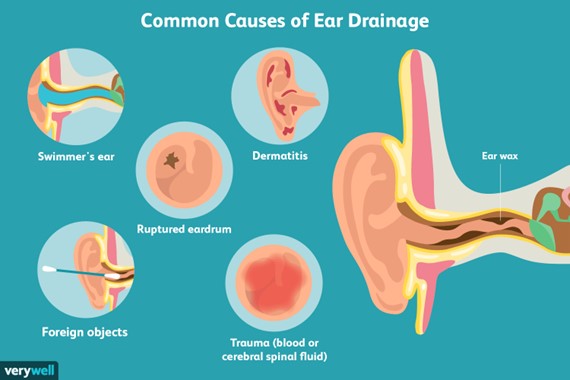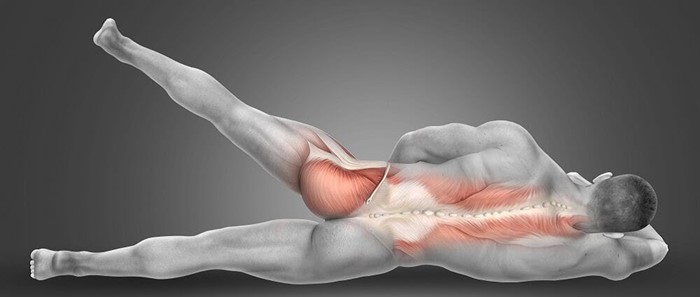A nurse is collecting data from a client who fell at home and reported a brief loss of consciousness. Which of the following findings should the nurse immediately report to the charge nurse?
Edematous bruise on forehead
Client disoriented to place
Heart rate 110/min and regular
Small drops of clear fluid in left ear
The Correct Answer is D
The nurse should immediately report small drops of clear fluid in the left ear to the charge nurse. This finding could indicate a cerebrospinal fluid (CSF) leak, which can occur as a result of a head injury. A CSF leak can be a serious medical condition that requires immediate attention.
An edematous bruise on the forehead, client disorientation to place, and a heart rate of 110/min and regular are also important findings that the nurse should report to the charge nurse. However, these findings are not as urgent as the presence of small drops of clear fluid in the left ear.

Nursing Test Bank
Naxlex Comprehensive Predictor Exams
Related Questions
Correct Answer is A
Explanation
a.A GCS score of 8 indicates severe impairment, suggesting the client may be in a state where they cannot perform basic self-care activities and thus require total nursing care.
b.A GCS score of 8 indicates severe impairment but not necessarily a deep coma. Scores below 8 suggest a comatose state, but deep coma is more likely to be indicated by a score of 3-4.
c.A GCS score of 8 is not consistent with a client who is alert and oriented. This score indicates significant neurological impairment.
d.A GCS score of 8 does not indicate stable neurological status. It suggests severe impairment and potentially unstable or deteriorating neurological condition.
Correct Answer is B
Explanation
The nurse should place the client's right leg in abduction following a right total hip arthroplasty. Abduction means moving the leg away from the midline of the body. This position helps to prevent hip dislocation by keeping the hip joint in proper alignment.
Internal rotation, adduction, and external rotation are not appropriate positions for the client's right leg following a right total hip arthroplasty. Internal rotation means turning the leg inward towards the midline of the body. Adduction means moving the leg towards the midline of the body. External rotation means turning the leg outward away from the midline of the body. These positions can increase the risk of hip dislocation.

Whether you are a student looking to ace your exams or a practicing nurse seeking to enhance your expertise , our nursing education contents will empower you with the confidence and competence to make a difference in the lives of patients and become a respected leader in the healthcare field.
Visit Naxlex, invest in your future and unlock endless possibilities with our unparalleled nursing education contents today
Report Wrong Answer on the Current Question
Do you disagree with the answer? If yes, what is your expected answer? Explain.
Kindly be descriptive with the issue you are facing.
